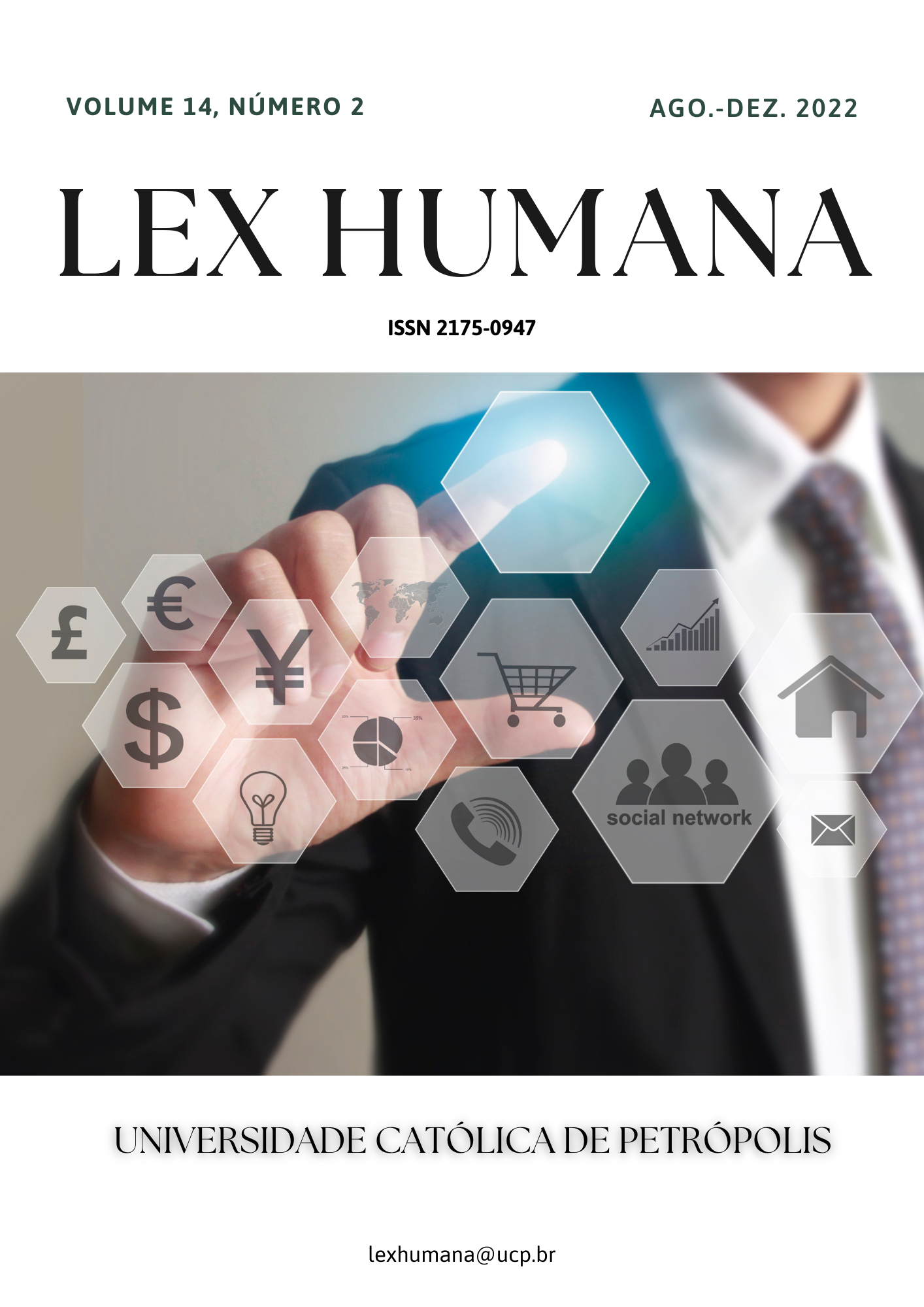Resumo
O estudo tem como objetivo investigar fatores que afetam a motivação de trabalho dos gerentes de pequenas e médias empresas no Delta do Mekong. Foram realizadas duas fases do estudo: pesquisa qualitativa e pesquisa quantitativa. Os métodos no processo de análise de dados do estudo incluem:(1) avaliar a validade da escala e (2) testar o valor da escala pela Análise Exploratória de Fatores (EFA). Foi usado o método de rotação Varimax; (3) re-testando a confiabilidade da escala com o coeficiente Alfa de Cronbach depois de remover itens inadequados; (4) usando o teste de coeficiente de correlação de Pearson para medir a relação entre as variáveis; (5) usando a Análise de Regressão Múltipla; (6) usando o teste Anova e o teste T para avaliar se há ou não uma diferença; (7) usando a abordagem da Estatística Descritiva. De acordo com os resultados da pesquisa, todos os fatores do modelo, incluindo as características do trabalho, bem como a competência emocional, que consiste no reconhecimento das emoções, uso das emoções, compreensão das emoções e controle das emoções, têm um efeito positivo na motivação dos gerentes de nível médio no trabalho em pequenas e médias empresas no Delta do Mekong. Os resultados da pesquisa também demonstraram o significado da competência emocional para a motivação no trabalho, que por sua vez afeta o desempenho dos gerentes de nível médio. Os quatro elementos de competência emocional têm, cada um, um impacto na motivação no trabalho.
Referências
Buble, M., Juras, A. & Matic, I. (2014), The relationship between managers‘ leadership styles and motivation, Management, 19 (1), pp. 161-193.
Carmeli, A. (2003), The relationship between emotional intelligence and work attitudes, behavior and outcomes: An examination among senior managers‘, Journal of Managerial Psychology, 18(8), pp. 788-813.
Cavallo, K. & Brienza, D. (2002), Emotional competence and leadership excellence at Johnson & Johnson: the emotional intelligence and leadership study, Downloaded 7 June, 2006, from http://www.eiconsortium.org.
Chiu, R. (1999), Does perception of pay equity, pay sastifaction and job satisfaction mediate the effect of positive effectivity on work motivation‘, Social Behavior and Personality, 28(2), pp. 177-184.
Ciarrochi, J., Chan, A. Y. C. & Bajgar, J. (2001), Measuring Emotional Intelligence in Adolescents‘, Personality and Individual Differences, 31(7), pp. 1105-1119.
Daft, 1997, Management Dryden Press series in management, Dryden Press.
Gatakaa, M.A. (2013), Perceived relationship between organizational culture and motivation of paralegal staff at the Kenya judiciary, School of business, University of Nairobi.
Goleman, D. (2001), ―An EI-based theory of performance‖, in Cherniss, C. and Goleman, D. (Eds.), The Emotionally Intelligent Workplace, Jossey-Bass, San Francisco, CA.
Hackman, J.R & Oldham, G.R. (1980), Work redesign, Addison-Wesley.
Mandell, B., & Pherwani, S. (2003), Relationship Between Emotional Intelligence and Transformational Leadership Style: A Gender Comparison‘, Journal of Business and Psychology, 17, pp. 387-404.
Mayer, J.D., & Geher, G. (1996), Emotional intelligence and the identification of emotion‘, Intelligence, 22(2), pp. 89-113.
Mayer, R.C., Davis, J.H. & Schoorman, F.D. (1995), An Integrative Model of Organizational Trust‘, The Academy of Management Review, 30(3), pp.709-734.
Ngo My Tran, Ly Ngoc Thien Kim & Le Tran Minh Hieu (2019), Research on the influence of corporate culture on organizational commitment of employees of commercial banks in Soc Trang province' , Journal of Science Open University Ho Chi Minh City, 14(3), pp. 123-146.
Nikolaou, I., & Tsaousis, I. (2002), Emotional Intelligence in the Workplace: Exploring its Effects on Occupational Stress and Organizational Commitment‘, International Journal of Organizational Analysis, 10(4), pp. 327-342
Pham Bao Duong (2012), Factors affecting the work motivation of scientific researchers', Scientific activities, no. 4, pp. 14-16.
Sherwood, J.A. (2015), The multilevel effects of supervisor adaptability on training effectiveness and employee job satisfaction, Portland State University, USA.
Slaski, M. & Cartwright, S. (2002), Health, performance and emotional intelligence: An exploratory study for retail managers‘, Stress and Health, 18, pp. 63-68.
Stee, R.M. & Porter, L.W. (1983), ̳Motivation: New directions for theory and research‘, Academy of Management Review, 17(1), pp. 80-88.
Stringer, C. and Didham, J. (2011), Motivation, pay satisfaction, and job satisfaction of front-line employees‘ Qualitative Research in Accounting & Management, 8(2), pp. 161-179.

Este trabalho está licenciado sob uma licença Creative Commons Attribution-NonCommercial-NoDerivatives 4.0 International License.
Copyright (c) 2022 Lex Humana (ISSN 2175-0947)

